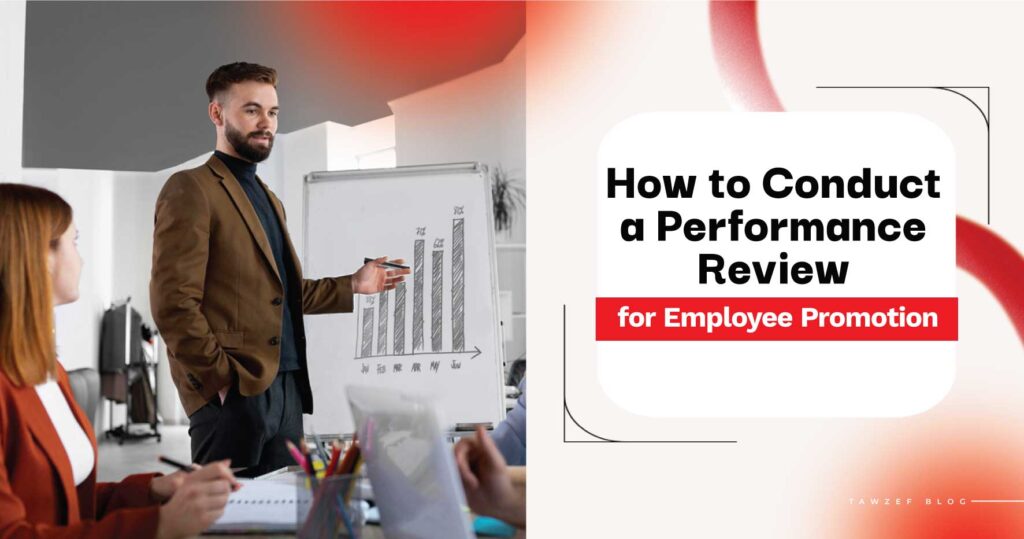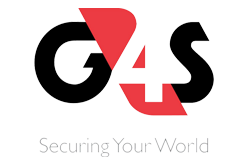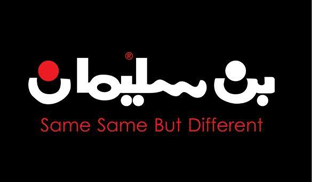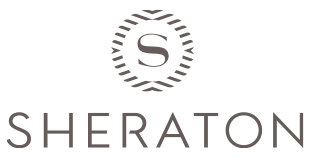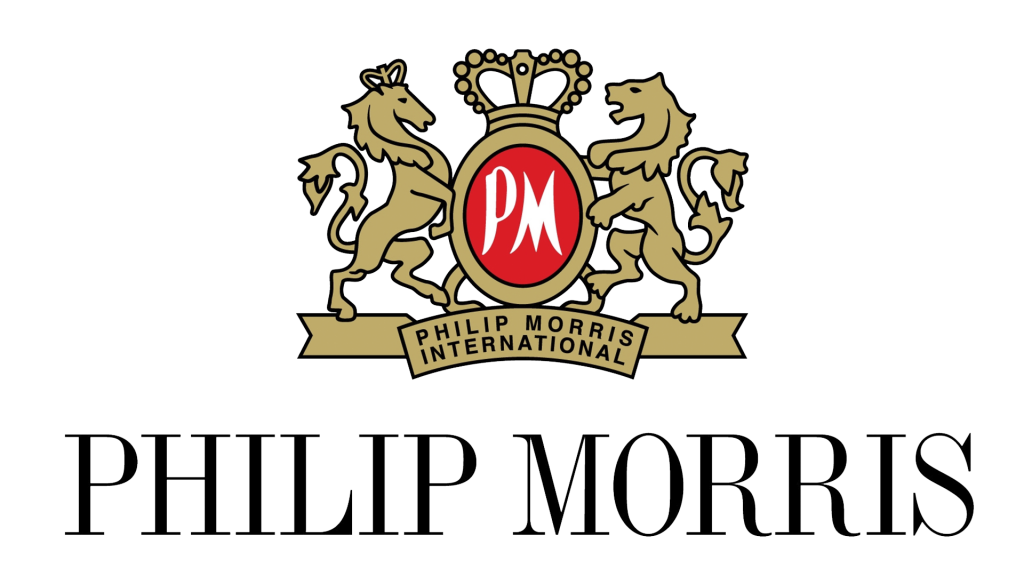Few people are aware of this: An HR strategy isn’t meant to govern the HR team in a company. Rather, it’s created to help the entire company function as a single cohesive unit. But what makes a good HR strategy?
Unfortunately, many people falsely believe that the HR field is restricted to recruitment and payroll. While those two elements are the most commonly-sought after tasks, they’re just a small portion of the human resources field.
And because of this lack of knowledge, many business owners think it’s easy – and fast – to build an HR strategy, implement one, and become successful.
The truth is: It’s not that easy.
Building an effective HR strategy requires time, effort, and a strong understanding of human resources as a whole.
In this article, we’ll be answering several HR-related frequently asked questions (FAQs) including: “What is a good HR strategy?” “How often should HR strategies be evaluated?” and more.
What is an HR strategy?

An HR strategy lays down the foundation of how the company operates, its processes and procedures, its salary structure, its hierarchy, and much more. So, it’s not just for your HR team or department. It’s a strategy for the whole company.
Having an effective HR strategy in your company is about creating strategic alignment that ensures your business and all its functions can operate in harmony.
It also covers your employees and their work benefits, hiring, and more. It’s about ensuring strategic alignment, allowing your business to operate smoothly and adapt to new needs.
This brings us to several important questions:
- What is an HR policy?
- Why are HR policies important?
- What is a good HR strategy?
What is an HR policy?
The best definition of what an HR policy is comes from the Chartered Institute of Personnel and Development (CIPD) in the UK.
The CIPD defines an HR policy as a “written source of guidance on how a wide range of issues should be handled within an organization. [HR policies] include a description of principles, rights and responsibilities for managers and employees.”
It may sound a bit theoretical. Like the kind of information you’d find in a book. Let’s take it a step further and clarify why HR policies are important.
Why are HR policies important?

Established and written down correctly, HR policies lay the foundation of how the business operates. If you have HR policies in your company, you can ensure your employees are treated fairly.
Since HR policies govern behavior, effective policies can protect your business against legal claims.
However, it’s not just the correct phrasing of the policy that matters. What’s more important is “their effective communication and implementation, particularly by line managers,” stresses the CIPD.
This brings us to another important question: What is or what makes a good HR strategy?
What is a good HR strategy?
A good HR strategy is one that not only focuses on your business but also your employees. As an employer, if you care for your employees.
By care we don’t mean patting them on the back. Caring for your employees means:
- Making their voices heard by conducting employee surveys (this applies to larger companies).
- Supporting their work needs so they can perform their duties better.
- Creating career-advancement programs or providing them with relevant training and/or courses.
- Offering them compensation and benefits.
- Creating employee engagement opportunities such as providing financial and non-financial incentives that motivate employees.
In other words, a good HR strategy is about building your employees up so they can focus on their work and drive your company forward.
Is creating an HR strategy one of your HR department tasks?
You’ve probably asked yourself this, here’s the simple answer:
Unless your HR department is really big and has the capacity to delve into your company’s business and problems, interview teams, review, and build the strategy, it’s best that you outsource your HR strategy.
In fact, it’s easier and more efficient to outsource it to an HR consultancy like Tawzef because the third part not only has the expertise, they’re also unbiased.
This means that a third party will be better equipped to review and create an effective HR strategy for your business.
How to create an HR strategy

In HR, one of the most commonly-asked questions is how to create an HR strategy. Here are a few quick tips:
1) Ensure your company and HR are in line
The first step is to ensure that your business, various teams, and your HR team are on the same page. Make sure that the HR team specifically is aware of each team member’s and each team’s problems. This is usually done through employee interviews.
It’s also important that your HR team becomes familiar with the tasks, job descriptions, and workload that other teams are responsible for.
2) Get a clearer understanding of your industry
Developing an HR strategy requires getting a clear understanding of the industry your company operates in.
You cannot develop an HR strategy for a marketing agency the same way you would for an oil-and-gas company. It won’t work.
3) Establish clear KPIs
Key performance indicators (KPIs) are the foundation of an effective HR strategy. Otherwise, how are you going to evaluate your strategy or your employees?
Your KPIs act as your performance management system. It ensures you and your employees are aware of the company’s needs and helps you focus on achieving those needs.
KPIs also help you track your progress or your teams’ progress in their monthly, quarterly, and/or annual targets.
4) Review your compensation and benefits scheme
Compensation and benefits, including employee rewards, are an essential part of any HR executive’s job.
Contrary to common belief, compensation and benefits aren’t just about paying your employees at the end of the month or giving them social insurance.
It entails more than that. Compensation and benefits include payroll along with how your business motivates and incentivizes employees. This can include: bonuses, profit-sharing, vehicle compensation, regular trainings, among other benefits.
How often should human resource strategies be evaluated?
Imagine you’ve created an HR strategy. How do you know it’s a good and effective strategy?
The only way to know that is by evaluating that strategy. This means that in addition to employee KPIs, you need to have KPIs to measure the effectiveness of your strategy.
You also need to clearly communicate what those KPIs are and how you’ll measure them with your department managers or team leaders.
Here are a few tips from Tawzef team:
1) Conduct a quarterly business review
This review should be carried out across all your departments and specifically your operations team.
Reviewing your HR strategy on a quarterly basis is the minimum time need to see if the strategy is effective or not.
However, it’s best to give an HR strategy from six months to a year to gauge its effectiveness.
2) Ensure proper training for your employees
We’ve mentioned that part of having a good HR strategy is training your employees.
To measure the impact of your strategy, you’ll need to look at how much training you provided to employees, how it helped them, and how this training has served your business.
3) Look at your 3Ps
The 3Ps are: People, Product, and Process. For an effective HR strategy, you’ll need to examine all three and ensure they’re working hand-in-hand.
If they’re not, then you’ll need to see where the problems are.
Is there a problem with your product (or products)? Is there a problem with your employees? or is it the company’s process that makes deliverables and requirements slow and that’s hurting your business?

Wrapping it up
We’ve answered as many of the most common or most frequently-asked questions about HR strategy out there. If you have more, please leave them in the comments and we’ll update this article to include them.
We’ve also mentioned that the best way to handle and create an effective HR strategy is to outsource it.
If your business is struggling with tons of processes and paperwork, if your teams are drowning in administrative work, then you need an HR strategy.
If you’re suffering from a high turnover, then you’re in need of an effective HR strategy to ensure the foundations are clear and intact and that your team knows what they’re doing, how they’re doing it, and is getting clear communication from their managers.
Need help creating and implement a good HR strategy? Get in touch with Tawzef.








